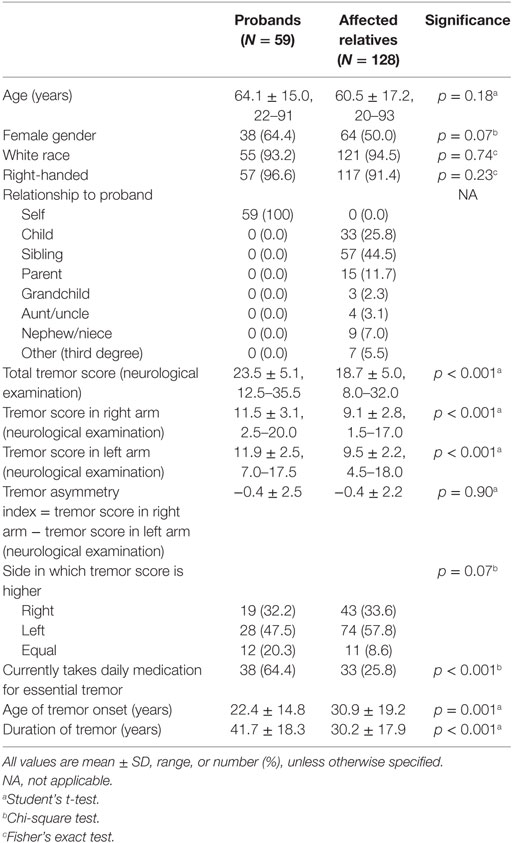

Īdequate control of the day/night rhythm by influencing lifestyle and environmental factors may sometimes lead to better results. Research conducted in nursing homes has even demonstrated that this pharmacological approach has more adverse than positive effects. The results of such treatments are often disappointing and negative side effects occur frequently. Nocturnal restlessness as well as other behavioral problems associated with dementia, are still mostly being treated with psychotropic medication such as hypnotics and antipsychotics in nursing homes as well as at home. Treatment of sleep disturbances in dementia This disturbance of normal sleep may lead to or coincide with serious inconvenience and stress, not only for the patients themselves but also for their informal carers, which is an especially important reason to transfer (or admit early) a patient to a nursing home. Common types of nocturnal restlessness include a change or even a reversal of the day/night rhythm, high motor activity levels during sleep, a frequent alteration of sleeping phases and a frequent crying out and/or wandering during the night.

In general, nocturnal restlessness should be placed in a wider context of behavioral disorders, that are often associated with dementia. The concept of nocturnal restlessness can be described as a disturbance of the normal sleeping pattern, manifesting itself in a certain way of motor and/or verbal behavior. Many older people with neuropsychiatric disorders such as Alzheimer's disease and frontotemporal dementia often suffer from sleeping problems, especially nocturnal restlessness.
Actimeter tremor index trial#
Netherlands Trial Register (NTR): NTR3242 In addition, care needs of demented patients also may decrease as well as the number of preventable admissions to care institutions. Ultimately, this may lead to a decrease in the frequent and still common use of psychotropic drugs. Non-pharmacological PAS therapy is not only safe and patient-friendly, but it can also be widely used in a simple and relatively inexpensive way, both in institutions such as nursing homes and residential homes for the elderly, and at home. If PAS therapy turns out to be effective, it can be of added value to the treatment of nocturnal restlessness in demented patients. In the last two weeks, the wash-out period, the measurements of the intervention group are continued, without the PAS intervention.ĭuring the total study period, other relevant data of all the implied patients will be recorded systematically and continuously, for example patient characteristics (data from patient files), the type and seriousness of the dementia, occurrence of neuropsychiatric symptoms during the research period, and the occurrence of intermittent co-morbidity. As soon as the patient is lying in bed, the computer programme inducing the vibrations will be switched on for the duration of 30 min. In the next two weeks, this group will sleep on a bed identical to their own, but with a mattress containing an in-built PAS device. In addition, a sleep diary will be filled in.įor the intervention group the baseline will be assessed, in the first two weeks, reflecting the existing situation regarding nocturnal restlessness. For both groups nocturnal restlessness will be measured with actiwatches during a period of six weeks.

In a randomized clinical trial, 66 nursing home patients will be divided into two groups: an intervention group and a control group. Therefore we study the effectiveness of PAS therapy in demented patients with nocturnal restlessness. There are indications that treatment with low-frequency acoustic vibrations, that is Physio Acoustic Sound (PAS) therapy, has a positive effect on sleeping problems. Therefore, nowadays the focus lies more on non-pharmacological solutions, for example by influencing environmental factors. Attempts to diminish these problems with medication in a safe and responsible manner have proven hardly effective or not effective at all. Professionals and informal carers face considerable problems in solving these problems. Many older people with neuropsychiatric disorders such as Alzheimer's disease and frontotemporal dementia suffer from sleeping problems and often show nocturnal restlessness.


 0 kommentar(er)
0 kommentar(er)
